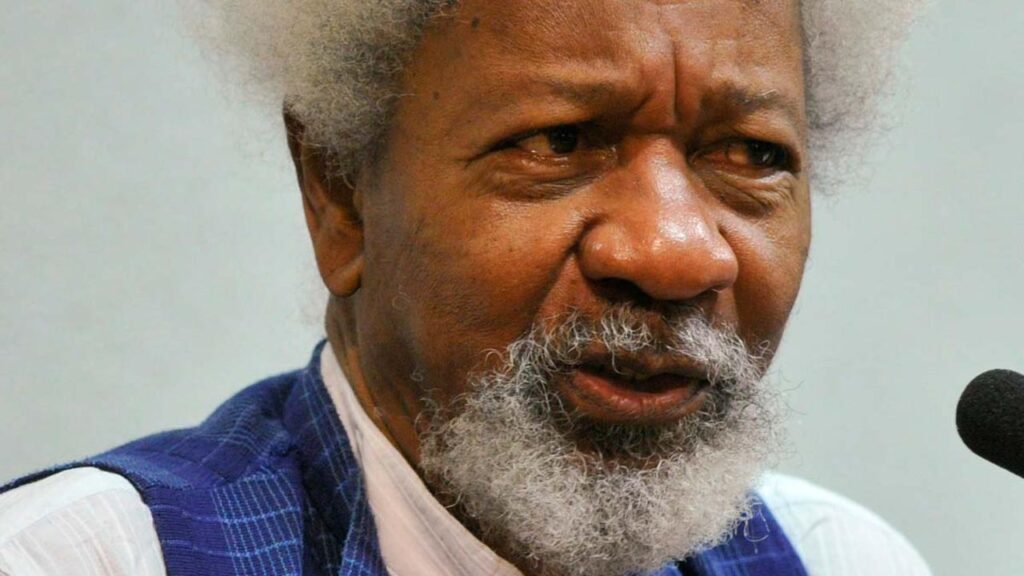
The hearing has been adjourned until April 12, 2022 by the ECOWAS Court in a suit filed by Nigeriens in the diaspora challenging their exclusion by the Republic of Niger in the country’s 2020 elections.
During the hearing of Thursday, February 3, 2022, the Court noted that because a document was filed on the day of the hearing, it was compelled to adjourn to give time for its translation to enable all the judges in the three-member panel to understand the contents in their language.
In the suit filed by their Counsel, Mr. Oumarou, Nigeriens in the diaspora alleged that their exclusion constitute a violation of their human rights, including their right to register on the electoral register and consequently their right to vote.
The applicants requested the Court to declare that the State of Niger had infringed their rights as enshrined in Articles 1, 2 paragraph 1, 7 and 21 of the Universal Declaration of Human Rights (UDHR); Articles 2, 3, 25 and 26 of the International Covenant on Civil and Political Rights (ICCPR).
They also cited Article 13 of the African Charter on Human and Peoples’ Rights (ACHPR); Articles 4 and 6 of the African Charter on Democracy, Elections and Governance, Articles 4(g,i,j) and 5(3) of the revised ECOWAS Treaty; Articles 1(b), h), 4 paragraph 1, 5 and 6 of the ECOWAS Protocol on Democracy and Good Governance.
They urged the Court to order the State of Niger to respect their rights and to take the necessary measures to guarantee their right to participate freely in the electoral process of their State in accordance with Community and international texts.
In addition, they prayed the Court to order the State of Niger to refrain from taking measures to prevent them from exercising their right to vote.
Citing the electoral calendar of the country’s Independent National Electoral Commission (CENI), Counsel for the applicants, Mr. Bachirou Amadou ADAMOU stated that it provided that citizens of the zone two regions, of which Nigeriens in the diaspora belong, should register on the electoral register between February 6, 2020 and April 20, 2020.
However, he said that against all odds, by a press release of 14 February 2020, the applicants learnt that Nigeriens in the diaspora are excluded from the enlistment operation. According to the President of Commission Electorale Nationale Independante (CENI), their exclusion was due to the closure of the borders.
The Counsel to the applicants said that through a referral by the Prime Minister seeking to assess the conformity of the exclusion with Article 7 of the Constitution and Article 37 of the Electoral Code, the Constitutional Court decided that: “COVID-19 is a case of force majeure that justifies the suspension of the enrolment of Nigeriens from the diaspora of the national biometric electoral register.”
It added; “A temporary derogation from the implementation of Article 37 al 1 of the Electoral Code in relation to the biometric national electoral register, with regard to the enrolment of Nigeriens in the diaspora is not contrary to the constitution. It therefore held that the national biometric electoral register, even in the absence of lists of embassies and consulates, remains valid.”
The Counsel therefore urged the Court to hold that by arbitrarily excluding the applicants from enjoying their right to vote and stand in the 2020 elections, the State of Niger breached the rules governing the electoral process in disregard of its international human rights commitments and violated their human rights contained in the Community and international instruments mentioned.
In the initiating application, counsel to the applicants recalled that CENI had delineated the country into zones for organizational reasons with Zone 1 comprising the regions of Agadez, Dosso, Tahoua and Tillabery while Zone 2 is composed of the regions of Diffa, Maradi, Niamey, Zinder and the Diaspora.
In its response, the Respondent, represented by Mr. MAINASSARA Oumarou, firstly indicated that the CENI had experienced difficulties in the involvement of Nigeriens in the diaspora, which explains consultations with the government, it restricted participation to those in 23 countries. Then missions were organized in these countries to see how to set up the administrative commissions for enrollment and voting.
The respondent further said that the process was truncated by the COVID-19 pandemic, which resulted in the closure of borders, the accompanying lockdown and travel disruptions.
The respondent said that faced with this situation, the Prime Minister sought the opinion of the Constitutional Court on whether this could constitute a force majeure and in response issued a decision that by its scope, excludes Nigeriens in the diaspora from voting operations.
The State of Niger also raised a preliminary objection challenging the jurisdiction of the Court to hear the case on the ground that it would amount to reviewing the decision of the Constitutional Court, the Supreme Court of the Republic of Niger.
The respondent also urged the Court to declare inadmissible the action of the applicants who had failed to provide evidence of their status as Nigeriens residing or domiciled abroad.
On the panel of Judges of the Court for the case were Justices Edward Amoako Asante (presiding), Gberi-Be Ouattara, and Keikura Bangura.













